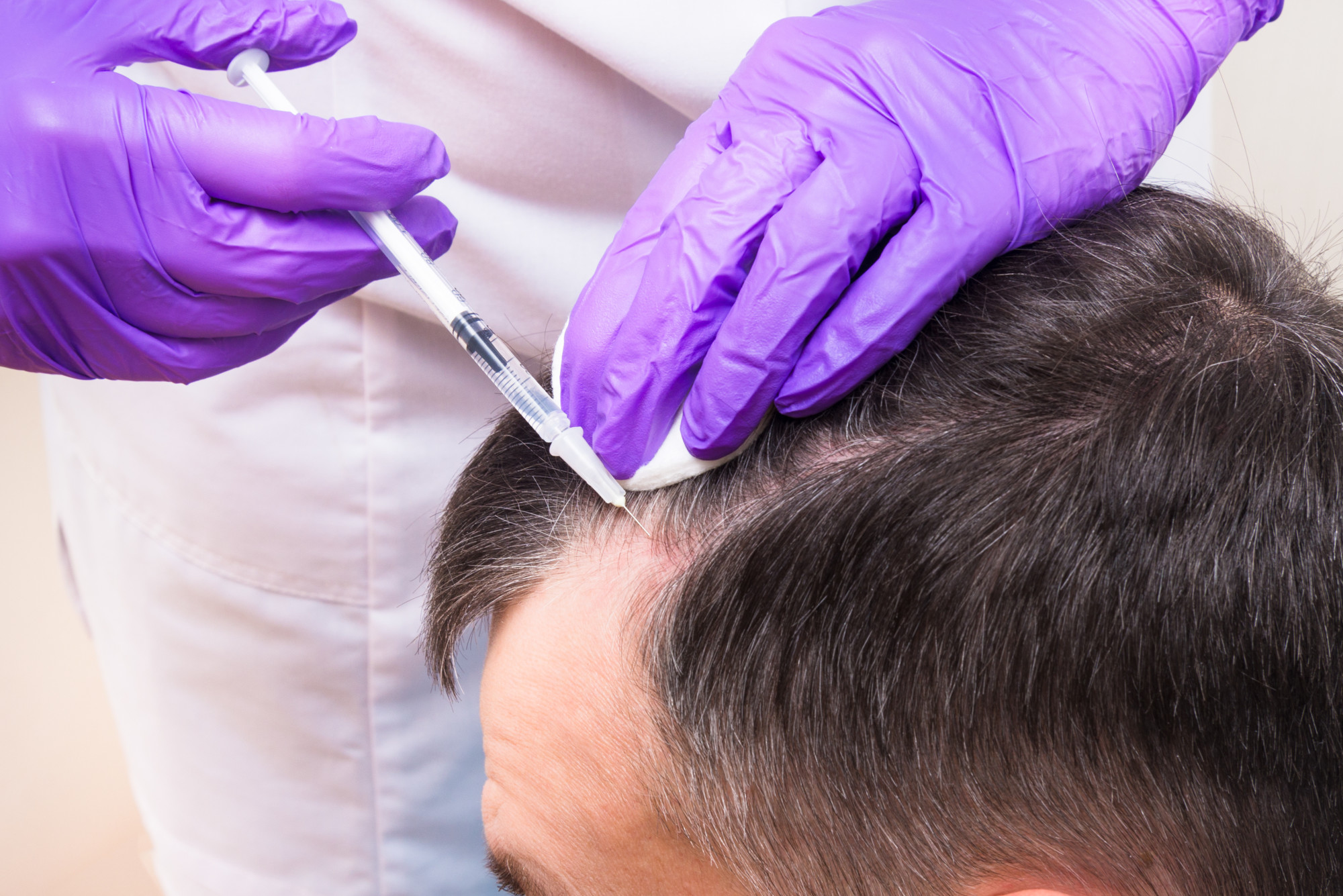When a loved one is struggling with addiction, it can be a difficult and emotional situation for everyone involved. If you’ve ever been in this situation yourself, then you know that all of the conflicting feelings— Worry, anger, sadness, and even helplessness—can overwhelm you. Despite being an incredibly challenging thing to go through, it isn’t impossible to help your loved one recover from their addiction. In this blog post we will discuss how to come up with the best approach when trying to assist someone who is struggling with substance abuse issues; from recognizing the signs of drug or alcohol addiction to setting boundaries for yourself and offering appropriate support throughout recovery.
Reach Out and Offer Support
During challenging times, it’s natural to feel isolated, but we can change that narrative. One of the most profound gestures we can make for our loved ones is to assure them of our unwavering presence, regardless of the circumstances. Initiating a heartfelt phone conversation, sending a thoughtful text message, or even surprising them with a handwritten note can have an immeasurable impact on their lives. When we extend our support and demonstrate our willingness to walk alongside them through their struggles, it conveys genuine care and compassion. So, don’t hesitate to reach out and remind your loved ones that you’re there for them – it could be the very thing they need to navigate through the challenges of the day. Your small acts of kindness and empathy can create a lasting difference in their lives.
Educate Yourself
It can be incredibly challenging to witness a loved one struggling with addiction. This complex issue not only affects the person using it but also has a profound impact on family and friends. It is crucial to educate yourself on addiction to gain a deeper understanding of what your loved one is going through and how you can provide support. Addiction is a disease that can have significant consequences on both physical and mental health. By delving into resources that provide insights into addiction and its effects, you can better equip yourself to navigate difficult situations and offer effective assistance to your loved one. Remember, there is no one-size-fits-all solution for addiction, as it is a multifaceted issue that requires tailored approaches. Taking the time to educate yourself demonstrates your care and commitment to being there for your loved one throughout their recovery journey. By gaining more knowledge and understanding, you can become a valuable source of support and help them navigate the challenges they face.
Find Professional Help
When someone we deeply care about is struggling with their mental health or addiction, it can feel overwhelming and confusing. We want to help, but it’s not always easy to know where to start. That’s where researching local organizations and treatment centers can make a difference. By taking the time to explore our options, we can ensure that our loved one receives the best possible care tailored to their specific needs. There are numerous resources available to support those in need. From connecting with a compassionate therapist who can provide guidance and support, to finding a specialized treatment facility such as rehab for veterans in Florida, we can take comfort in knowing that help is out there. It’s important to remember that seeking professional help is a courageous and compassionate decision, one that can lead to a better quality of life for our loved ones and ourselves. In addition to professional help, building a strong support network is also crucial. Surrounding our loved ones with understanding and empathetic individuals can provide them with the encouragement and strength they need to navigate their journey towards healing and recovery. Together, we can make a positive difference in their lives and show them that they are never alone.
Show Compassion and Empathy
In our daily interactions with others, it’s easy to get caught up in the hustle and bustle of life and forget to show compassion and empathy. However, taking the time to understand where someone is coming from and approaching them with love can make all the difference in the world. While it’s important to set boundaries and stand firm in our beliefs, doing so with kindness and empathy can result in more meaningful and positive relationships. Let’s strive to approach others with open hearts and minds, and show compassion even in the most challenging situations.
Take Care of Yourself
As much as we love being able to support our friends and loved ones, it can sometimes feel overwhelming to constantly be there for someone else. That’s why it’s important to take time out of our busy schedules for self-care activities. Whether it’s spending a few minutes journaling about our thoughts and feelings or taking a yoga class to clear our minds, indulging in self-care can help us feel revitalized and better equipped to support those around us. So next time you feel like you’re running on empty, remember that it’s okay to take a step back and focus on yourself for a little while. Your loved ones will thank you for it in the long run!
Make a Plan Together
Watching a loved one struggle with their mental health can be challenging and overwhelming. However, there are ways you can support them as they work towards recovery. One way you can do this is by developing a plan together that both of you feel comfortable with. This plan should outline the steps they can take towards recovery, covering all aspects of their life, from exercise routines to therapy appointments. By working together, you can make sure that your loved one feels supported and motivated throughout the process. Remember, recovery is not a one-size-fits-all approach, so be patient and adjust the plan as needed. Ultimately, your loved one will appreciate your efforts to help them along the way.
Knowing that someone suffering from addiction has the love and support of their family and friends is the first step in getting them on the road to recovery. Reach out and show compassion, set boundaries, find professional help by researching local organizations in your community, educate yourself on addiction, make a plan with your loved one for steps towards recovery, and take care of yourself too. You have the power to make an immense difference in your loved one’s life – start today! Let’s come together as a community and find meaningful solutions to help our loved ones get well again.










